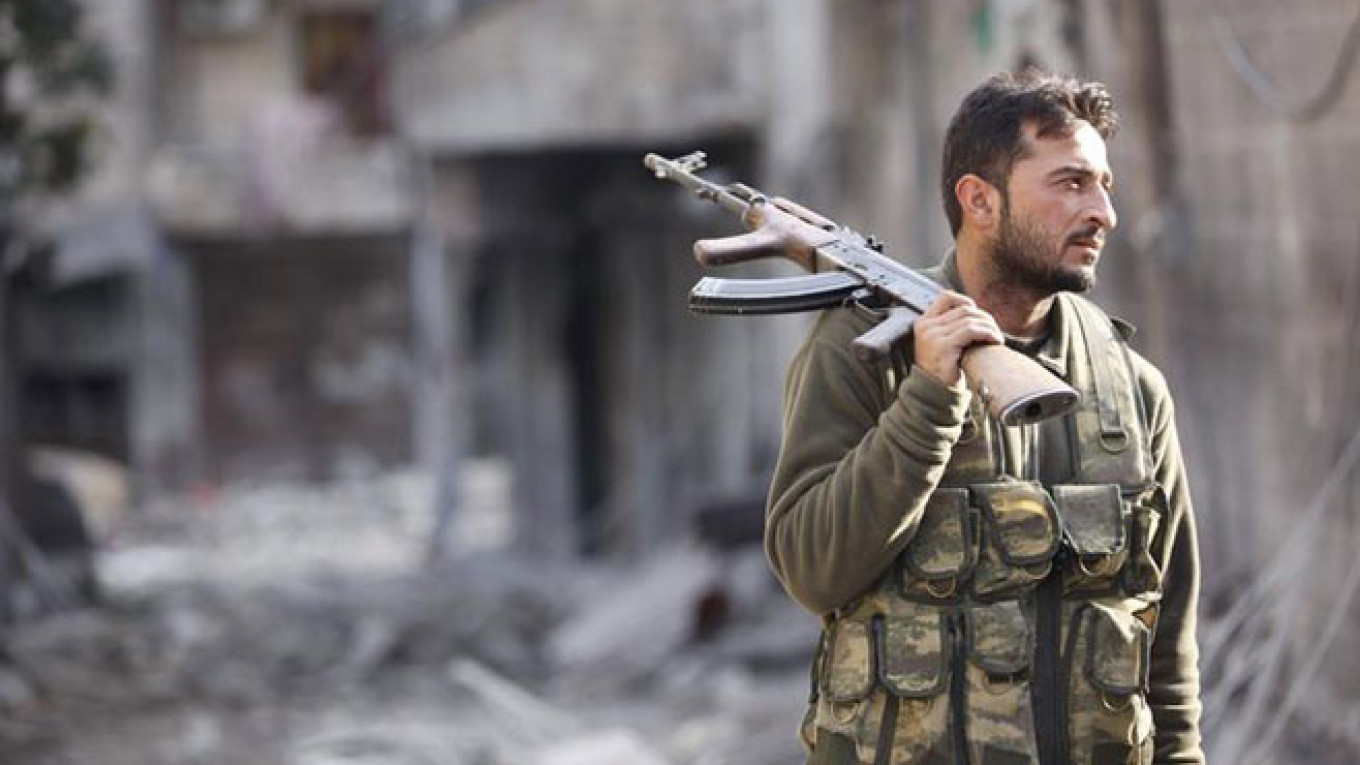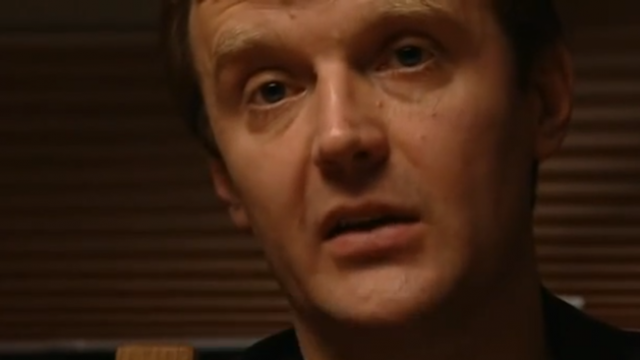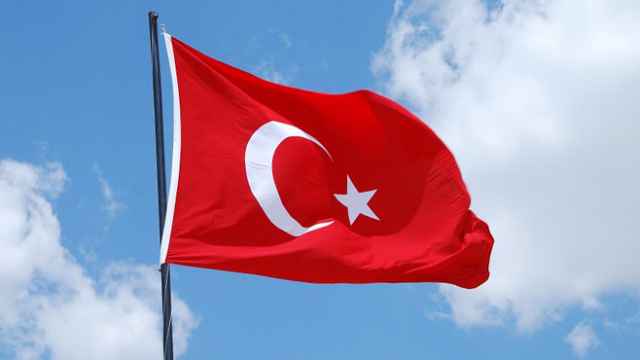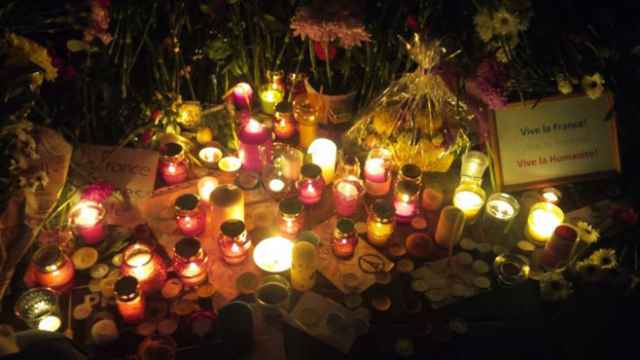 Mark Galeotti
Mark Galeotti
It is not peace in our time, it may well never even happen, and even if it does, probably won't last. It is not the result of humanitarian impulses and diplomatic good will, but of cynicism, exhaustion, and geopolitical calculation. Even if it does take effect, it is likely to be marred by local breaches and tit-for-tat claims of who is to blame.
For all that, it would be a mistake to write off the "cessation of hostilities" plan announced by Russia and the United States on Feb. 22, and due to take effect Feb. 27.
Grounds for Hope
First, it is easier to start thinking about a lasting settlement during a truce than in the middle of fighting, however distant a prospect of a deal between Damascus and at least some of the rebels may currently seem. Syrian President Bashar Assad and his Russian allies are still hoping to expand and consolidate the area under their control. The rebels have not abandoned their commitment to toppling the regime. But if there is to be any settlement — and I stress if — it will come from dialogue.
Secondly, it allows and requires the Russians to do what they have said they are there to do — batter Islamic State, a terrorist group banned in Russia. There is now the prospect for the kind of combined — if not necessarily coordinated — U.S. and Russian aerial onslaught that might be able to make serious inroads into the movement's military, political and economic capacities.
The partial cease-fire agreement is also an opportunity to call the participants' bluffs. Moscow and Damascus have long practiced the art of "talking while fighting," giving the appearance of openness to dialogue, while trying to change the situation on the ground to their advantage.
Likewise, many of the rebel groups, some of which are little more than bandits and warlords' retinues, have been able to point to the regime's barbarity to excuse their own.
Now, they will all be forced to make good on their commitments, or be held accountable for their failure.
Finally, every day, every minute the guns are silent is good for ordinary Syrians — for a population that has spent years caught in the murderous crossfire of a complex and intractable war. It is unlikely to make a major difference to the flows of refugees (indeed, many may regard this as a good moment to make a run for it), but any truce will allow aid to reach populations in desperate need.
Obstacles to Progress
This article is being written before the partial cease-fire is meant to take effect, and it may all have fallen through by the time you read it. Damascus and Moscow may have no plan to observe it. But that is unlikely: They know full well they will likely face blame if it does break.
More to the point, the rebels are a ragtag collection of units, leaders and movements, with often wildly different aims and approaches. Even in the best-case scenario, not all will observe the cease-fire. Ascribing blame will be much less helpful than rapid efforts by the guarantors—Russia and the United States—to isolate and control any local skirmishes.
Perhaps most pernicious is the extent to which this is such a multi-vectored war.
On the government side, not only are there subtle but real divisions between different factions, there is the much more evident divide between the regime's two backers: Russia, which largely works through the military, and Iran, which has built a parallel power base through the militias in the National Defense Forces, supported by Lebanese Hizbullah.
Then there are the Kurds of northern Syria, backed by Washington, demonized by Ankara. Turkey is making an aggressive play for regional authority, and currently with some support from Saudi Arabia.
There are other obstacles to progress: Israel, Iraq, the Gulf States, and a range of others involved in this vicious power play with seemingly less interest than Moscow or Washington in a swift resolution.
Assuming at least some of the fighting does stop on Saturday, the attention on the ground will rightly focus on the diverging campaigns of humanitarian relief and anti-Islamic State warfighting.
The real diplomatic priority, however, must be to start to disentangle Syria's tragedy from regional rivalries. For as long as Syria is still treated as the board for some Middle Eastern game of Risk, temporary, partial and not completely satisfactory lulls in the fighting are going to be about the best it can accept.
Mark Galeotti is professor of global affairs at New York University and expert in Russian security services.
A Message from The Moscow Times:
Dear readers,
We are facing unprecedented challenges. Russia's Prosecutor General's Office has designated The Moscow Times as an "undesirable" organization, criminalizing our work and putting our staff at risk of prosecution. This follows our earlier unjust labeling as a "foreign agent."
These actions are direct attempts to silence independent journalism in Russia. The authorities claim our work "discredits the decisions of the Russian leadership." We see things differently: we strive to provide accurate, unbiased reporting on Russia.
We, the journalists of The Moscow Times, refuse to be silenced. But to continue our work, we need your help.
Your support, no matter how small, makes a world of difference. If you can, please support us monthly starting from just $2. It's quick to set up, and every contribution makes a significant impact.
By supporting The Moscow Times, you're defending open, independent journalism in the face of repression. Thank you for standing with us.
Remind me later.








